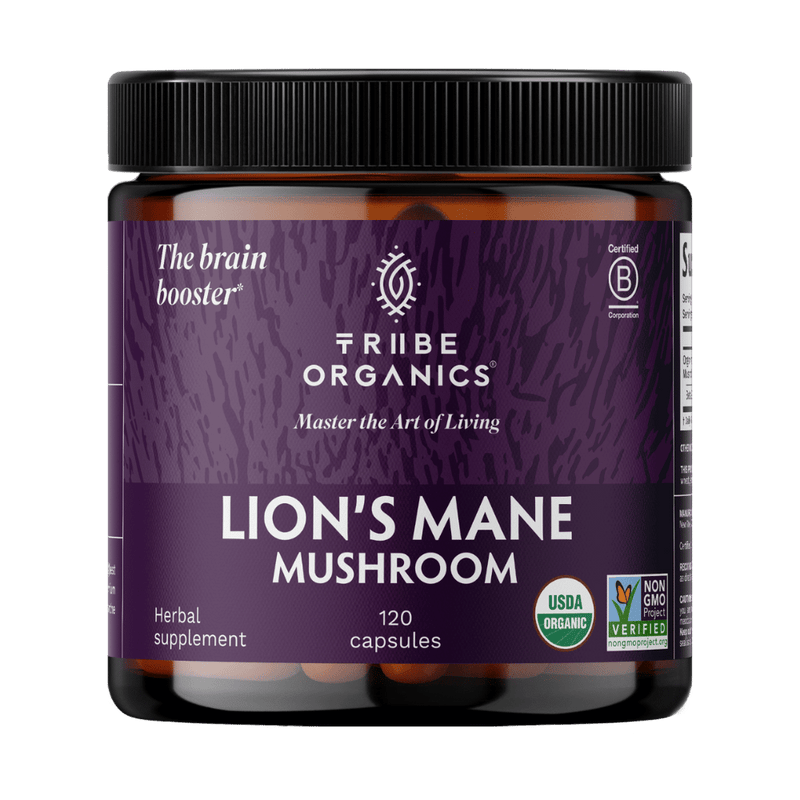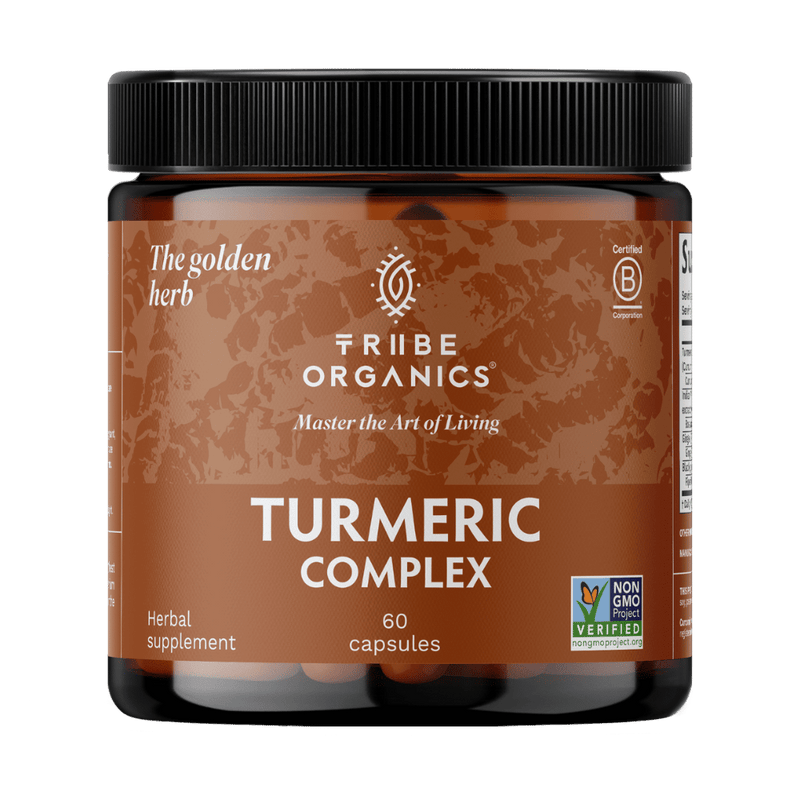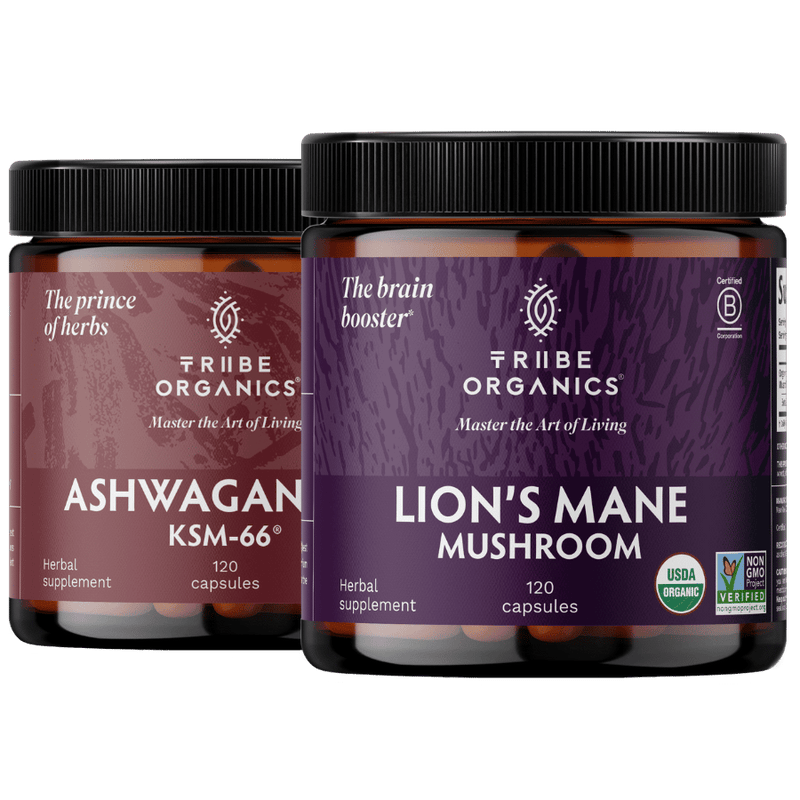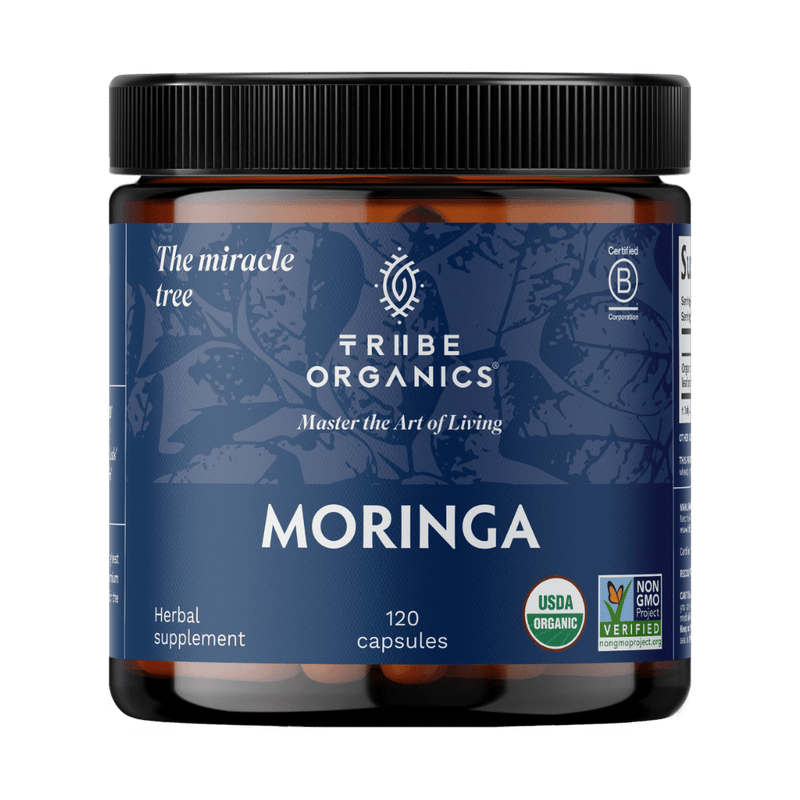Key Takeaways
- Ashwagandha can support modest weight loss primarily through stress reduction and cortisol management, not as a direct fat burner
- Clinical studies show 3% body weight reduction in chronically stressed individuals taking 300-600mg daily for 8 weeks
- Weight loss benefits are most significant for people experiencing stress related weight gain and emotional eating
- Ashwagandha works best when combined with proper diet and exercise, not as a standalone weight loss solution
- The herb is generally safe but pregnant women, people with autoimmune conditions, and those on certain medications should avoid it

Chronic stress doesn’t just affect your mood—it can sabotage your weight management efforts through elevated cortisol levels and emotional eating patterns. As more people seek natural alternatives for body weight management, ashwagandha (Withania somnifera) has emerged as a promising adaptogenic herb that may support weight loss through stress reduction rather than direct metabolic stimulation.
This ancient Ayurvedic remedy, now validated by modern research, offers a unique approach to weight management by addressing one of the root causes of weight gain: chronic stress and its cascading effects on hormonal balance, appetite regulation, and eating behaviors.
The Direct Answer: Can Ashwagandha Help You Lose Weight?
Limited but compelling research demonstrates that ashwagandha can support modest weight loss, particularly in chronically stressed individuals. A pivotal 8-week placebo controlled clinical study found that participants taking ashwagandha supplements lost approximately 3% of their body weight compared to 1.5% in the placebo group—a statistically significant difference that highlights the herb’s potential for weight management.
However, it’s crucial to understand that ashwagandha’s primary mechanism isn’t direct fat burning or metabolism boosting like traditional weight loss supplements. Instead, this adaptogenic herb works by reducing stress levels, which in turn helps normalize cortisol levels, reduce food cravings, and improve overall eating behaviors.
The weight loss ashwagandha benefits are most pronounced in individuals whose weight gain stems from stress-related factors such as elevated cortisol, emotional eating, and disrupted sleep patterns. For healthy young adults without significant stress or those seeking rapid weight loss, ashwagandha should not be considered a primary weight loss supplement but rather a supportive adaptogen that may enhance overall wellness and stress management.
Clinical evaluation of ashwagandha and weight loss reveals that the herb works best as part of a comprehensive approach to body weight management, combining stress reduction with proper nutrition and regular physical activity.
How Ashwagandha Affects Weight Through Stress Reduction

The connection between chronic stress and weight gain represents a well-documented physiological pathway that ashwagandha directly addresses. When we experience ongoing stress, our bodies continuously activate the hypothalamic-pituitary-adrenal (HPA) axis, leading to persistently elevated stress hormones, particularly cortisol.
High cortisol levels create a perfect storm for weight gain by promoting fat storage, especially around the midsection, while simultaneously increasing appetite and driving cravings for high-calorie, processed foods. This stress hormone also impairs insulin sensitivity and decreases energy expenditure, making it even more challenging to lose weight through conventional means.
Research from a randomized controlled trial demonstrates that ashwagandha supplementation can reduce cortisol levels by 22-27% and perceived stress by an impressive 32-44%. This significant reduction in stress levels creates a cascade of positive effects for weight management, including reduced emotional eating, better food choices, and decreased cravings for comfort foods.
The systematic review of ashwagandha’s effects on stress reveals that participants in clinical studies consistently report improvements in sleep quality, which further supports healthy weight management. Quality sleep is essential for regulating hormones like ghrelin and leptin that control appetite and satiety signals.
Unlike stimulant-based weight loss supplements that can increase stress on the body, ashwagandha root extract works by calming the nervous system and helping the body adapt more effectively to stressors, creating an internal environment more conducive to sustainable weight management.
Scientific Evidence and Clinical Studies
The most compelling evidence for ashwagandha and weight loss comes from a rigorously designed 8-week randomized double blind, placebo controlled study conducted with 52 adults who had BMIs between 25-39.9. Participants received either 300mg of standardized ashwagandha root extract twice daily or a placebo while maintaining their usual diet and lifestyle habits.
The results published in medical research journals showed remarkable improvements across multiple stress and weight-related parameters. The ashwagandha group experienced a 32.7% reduction in perceived stress scores as measured by standardized psychological assessments, alongside a significant 22.2% reduction in morning cortisol levels compared to the placebo groups.
Perhaps most importantly for weight management, participants taking ashwagandha showed dramatic improvements in their Food Cravings Questionnaire scores, indicating reduced cravings for high-calorie foods and better control over eating behaviors. This finding aligns with the herb’s mechanism of action in managing stress levels and normalizing appetite regulation.
The study subjects in the ashwagandha group also demonstrated statistically significant body weight reductions compared to the control group, with effects becoming apparent after 4-8 weeks of consistent supplementation. This timeline suggests that the weight loss benefits develop gradually as stress hormones normalize and eating patterns improve.
Modern research from institutions like the National Center for Complementary and Integrative Health continues to investigate ashwagandha’s role in stress management and metabolic health, with ongoing studies examining its effects in larger, more diverse populations and longer durations.
Additional Mechanisms That May Support Weight Loss
Improved Insulin Sensitivity
Beyond stress reduction, ashwagandha may support weight management through enhanced insulin sensitivity and glucose metabolism. Clinical evaluation has shown that ashwagandha supplementation can improve how cells respond to insulin, leading to better glucose processing and reduced fat storage.
Enhanced insulin sensitivity helps prevent the blood sugar spikes and crashes that often trigger intense hunger and cravings for high-calorie foods. By supporting more stable blood glucose levels throughout the day, ashwagandha may help maintain steady energy levels and reduce the likelihood of reactive eating or binge episodes.
This metabolic support becomes particularly valuable for individuals with metabolic syndrome or those at risk for type 2 diabetes, where insulin resistance often contributes to weight gain and difficulty losing weight through traditional diet and exercise approaches.
Muscle Mass Preservation and Growth

Research examining ashwagandha’s effects on physical performance and body composition reveals another potential mechanism for weight management. Studies show that when combined with resistance training, ashwagandha supplementation can increase muscle mass and muscle strength more effectively than exercise alone.
Higher muscle mass naturally increases metabolic rate, as muscle tissue burns more calories at rest compared to fat tissue. This means that individuals who gain muscle while taking ashwagandha may experience enhanced calorie burning throughout the day, supporting long-term weight management efforts.
The muscle-preserving effects of ashwagandha also become important during calorie restriction for weight loss. Reduced cortisol levels help prevent the muscle breakdown that often occurs during dieting, allowing individuals to maintain their metabolic rate while losing primarily fat rather than valuable muscle tissue.
Sports nutrition research suggests that ashwagandha may also improve cardiorespiratory endurance and overall exercise capacity, potentially enabling more effective workouts and greater calorie expenditure during physical activity.
Energy and Exercise Performance
The adaptogenic properties of ashwagandha may indirectly support weight loss by improving energy levels and reducing fatigue. Many individuals struggling with chronic stress experience persistent tiredness that makes it difficult to maintain regular exercise routines or prepare healthy meals.
Clinical studies have documented improvements in energy levels and reduced fatigue among participants taking ashwagandha daily. This enhanced vitality can translate into more consistent physical activity, better adherence to exercise programs, and improved motivation for healthy lifestyle choices.
Some research also suggests that ashwagandha may enhance VO2 max and endurance capacity, allowing individuals to exercise more intensely and for longer durations. While these effects require more research to confirm, they represent additional pathways through which ashwagandha might support comprehensive weight management strategies.
How to Use Ashwagandha for Weight Support
Dosage and Timing
Based on successful clinical trials, effective doses of ashwagandha for weight support typically range from 250-600mg daily, with the most studied protocol being 300mg twice daily. This dosing schedule, used in the landmark placebo controlled trial showing significant weight loss, appears to provide optimal stress reduction and cortisol management throughout the day.
Taking ashwagandha with meals is recommended to reduce the potential for stomach upset and improve absorption of the active compounds. Splitting the daily dose between morning and evening helps maintain consistent cortisol management, as stress hormones naturally fluctuate throughout the day.
Patience is essential when using ashwagandha for weight support, as the herb typically requires 4-8 weeks of consistent use to produce noticeable effects on stress levels, cortisol reduction, and subsequent weight management benefits. Unlike stimulant-based weight loss supplements that may produce immediate effects, ashwagandha works gradually to restore hormonal balance and normalize stress responses.
Forms and Products

Standardized ashwagandha root extract capsules offer the most precise dosing and convenience for daily supplementation. When selecting dietary supplements, look for products standardized to contain at least 1.5% withanolides, the active compounds responsible for ashwagandha’s therapeutic effects.
Ashwagandha powder provides flexibility for those who prefer to mix their supplements into smoothies, oatmeal, or other beverages. While powder forms may have a slightly bitter taste, they allow for easy dose adjustment and can be incorporated into various recipes and meal preparations.
Third-party tested supplements ensure quality, purity, and potency, which becomes especially important given the variability in supplement manufacturing. Look for products that provide certificates of analysis and have been verified by independent testing laboratories.
Withania somnifera supplementation works best when sourced from reputable manufacturers who follow good manufacturing practices and provide transparency about their sourcing, extraction methods, and quality control procedures.
Combining with Lifestyle Changes
While ashwagandha can support weight management through stress reduction, it works most effectively when combined with proven lifestyle interventions. Maintaining a balanced, calorie-controlled diet rich in whole foods provides the nutritional foundation necessary for sustainable weight loss.
Regular physical activity, particularly resistance training, amplifies ashwagandha’s benefits for muscle mass preservation and metabolic rate enhancement. The combination of stress reduction from ashwagandha and the stress-relieving effects of exercise creates a synergistic approach to managing cortisol levels and supporting healthy body composition.
Practicing additional stress management techniques like meditation, yoga, or deep breathing exercises can enhance ashwagandha’s stress-reducing effects. These practices work on both psychological and physiological levels to reduce perceived stress and support the body’s natural stress adaptation mechanisms.
Ensuring adequate sleep (7-9 hours nightly) remains crucial for cortisol regulation and weight management. Ashwagandha may enhance sleep quality, but maintaining good sleep hygiene practices maximizes these benefits and supports overall hormonal balance.
Who Should Consider Ashwagandha for Weight Support
Ashwagandha shows the greatest promise for weight management in specific populations who experience stress-related weight challenges. Individuals dealing with chronic stress from work, relationships, or life circumstances may find that traditional diet and exercise approaches fail to produce expected results due to elevated cortisol levels and stress-driven eating behaviors.
People who struggle with emotional eating and find themselves reaching for comfort foods during stressful periods represent ideal candidates for ashwagandha supplementation. The herb’s ability to reduce food cravings and improve emotional regulation can help break the cycle of stress eating that sabotages weight loss efforts.
Those with confirmed elevated cortisol levels through laboratory testing may particularly benefit from ashwagandha’s cortisol-lowering effects. Healthcare providers can order appropriate tests to assess cortisol patterns and determine whether stress hormones may be contributing to weight management challenges.
Adults seeking natural, evidence based complementary approaches to support their existing diet and exercise efforts may find ashwagandha valuable as part of a comprehensive wellness strategy. The herb works best for individuals committed to sustainable lifestyle changes rather than those seeking quick fixes or dramatic weight loss results.
Individuals experiencing stress-related sleep disturbances that affect their weight management efforts may also benefit from ashwagandha’s sleep-supporting properties. Poor sleep quality disrupts hormonal balance and can make weight loss significantly more challenging, even with perfect diet and exercise adherence.
Safety Considerations and Side Effects
Common Side Effects
Most healthy adults tolerate ashwagandha well, with side effects being generally mild and infrequent. The most commonly reported issues include mild digestive upset, nausea, or diarrhea, particularly when taken on an empty stomach. Taking ashwagandha with food typically resolves these digestive concerns.
Some individuals experience drowsiness, especially when first beginning supplementation or when taking higher doses. This effect often diminishes with continued use as the body adapts to the herb’s stress-reducing properties. Taking the evening dose closer to bedtime can help minimize daytime drowsiness while potentially enhancing sleep quality.
Rare cases of headache or dizziness may occur during initial use, typically resolving within the first few weeks of supplementation. These effects are usually mild and temporary, but individuals experiencing persistent or severe symptoms should discontinue use and consult with a healthcare professional.
Most side effects associated with ashwagandha are dose-dependent and resolve with continued use or dose adjustment. Starting with lower doses and gradually increasing allows the body to adapt while minimizing the risk of adverse effects.
Who Should Avoid Ashwagandha

Pregnant and breastfeeding women should avoid ashwagandha due to potential risks to fetal development and limited safety data in these populations. The herb may have uterine stimulant properties that could increase the risk of miscarriage or premature labor.
Individuals with autoimmune conditions such as rheumatoid arthritis, lupus, multiple sclerosis, or other immune system disorders should exercise caution with ashwagandha. The herb may stimulate immune system activity, potentially exacerbating autoimmune symptoms or interfering with immunosuppressive treatments.
People with thyroid disorders require careful monitoring when using ashwagandha, as the herb may increase thyroid hormone levels. While this effect can be beneficial for those with hypothyroidism, it may be problematic for individuals with hyperthyroidism or those taking thyroid medications.
Those taking medications for diabetes, blood pressure, or immunosuppressive drugs should consult with their healthcare provider before starting ashwagandha supplementation. The herb may interact with these medications, potentially altering their effectiveness or causing unwanted side effects.
Individuals scheduled for surgery should discontinue ashwagandha use at least 2 weeks prior to their procedure, as the herb may affect blood sugar levels and potentially interfere with anesthesia or other surgical medications.
Realistic Expectations and Limitations
Understanding the realistic scope of ashwagandha’s weight loss effects helps set appropriate expectations and avoid disappointment. The documented weight loss benefits are modest, typically showing 2-3% body weight reduction over 8 weeks, primarily in individuals with elevated stress levels and cortisol.
Ashwagandha is not a magic solution for weight loss and requires commitment to healthy lifestyle changes including proper nutrition and regular physical activity. The herb works best as a supportive tool that addresses stress-related barriers to weight management rather than as a standalone intervention.
Results typically require 4-8 weeks of consistent daily use to become noticeable, as the herb works gradually to normalize stress hormones and improve eating behaviors. Individuals seeking rapid weight loss may be disappointed by ashwagandha’s gentle, progressive effects.
More research is needed to confirm long-term weight management benefits and to better understand which populations respond most favorably to ashwagandha supplementation. Current studies have been relatively short-term with small sample sizes, limiting our understanding of sustained effects.
Individual responses to ashwagandha vary considerably based on baseline stress levels, cortisol patterns, lifestyle factors, and overall health status. Some people may experience significant improvements in stress and eating behaviors, while others may notice minimal changes.
The herb shows the most significant impact in people with documented stress-related weight gain, elevated cortisol levels, or chronic stress conditions. For individuals without these underlying issues, the weight loss benefits may be less pronounced or absent entirely.
Frequently Asked Questions
Shop best sellers
Explore our collection of favorite items that have gained popularity for their quality and satisfaction.























